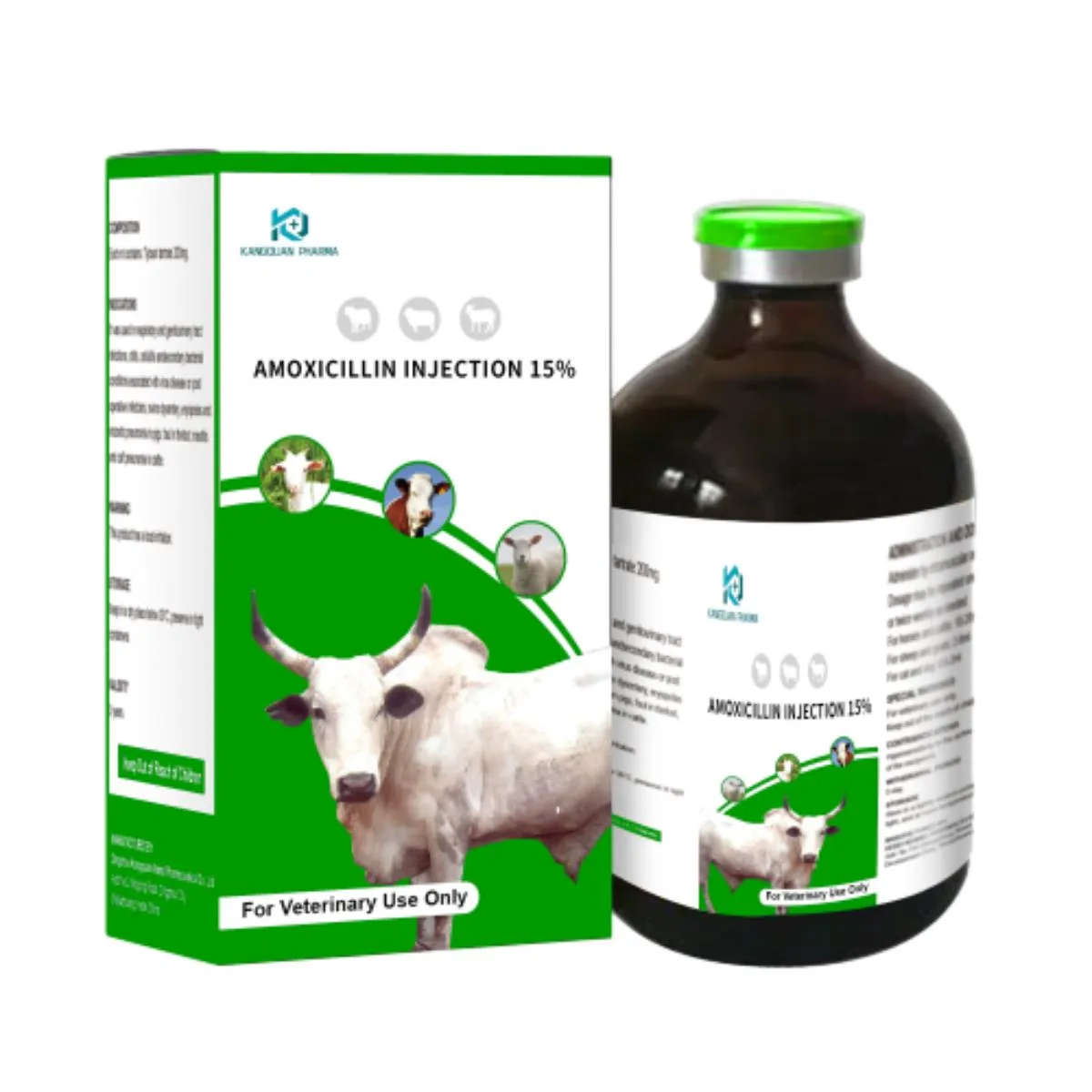- Afrikaans
- Albanian
- Amharic
- Arabic
- Armenian
- Azerbaijani
- Basque
- Belarusian
- Bengali
- Bosnian
- Bulgarian
- Catalan
- Cebuano
- Corsican
- Croatian
- Czech
- Danish
- Dutch
- English
- Esperanto
- Estonian
- Finnish
- French
- Frisian
- Galician
- Georgian
- German
- Greek
- Gujarati
- Haitian Creole
- hausa
- hawaiian
- Hebrew
- Hindi
- Miao
- Hungarian
- Icelandic
- igbo
- Indonesian
- irish
- Italian
- Japanese
- Javanese
- Kannada
- kazakh
- Khmer
- Rwandese
- Korean
- Kurdish
- Kyrgyz
- Lao
- Latin
- Latvian
- Lithuanian
- Luxembourgish
- Macedonian
- Malgashi
- Malay
- Malayalam
- Maltese
- Maori
- Marathi
- Mongolian
- Myanmar
- Nepali
- Norwegian
- Norwegian
- Occitan
- Pashto
- Persian
- Polish
- Portuguese
- Punjabi
- Romanian
- Russian
- Samoan
- Scottish Gaelic
- Serbian
- Sesotho
- Shona
- Sindhi
- Sinhala
- Slovak
- Slovenian
- Somali
- Spanish
- Sundanese
- Swahili
- Swedish
- Tagalog
- Tajik
- Tamil
- Tatar
- Telugu
- Thai
- Turkish
- Turkmen
- Ukrainian
- Urdu
- Uighur
- Uzbek
- Vietnamese
- Welsh
- Bantu
- Yiddish
- Yoruba
- Zulu
Dec . 06, 2024 18:37 Back to list
tylosin injection uses
Tylosin Injection Uses, Benefits, and Considerations
Tylosin is a macrolide antibiotic that is widely used in veterinary medicine, particularly in the treatment of infections in livestock and poultry. As a member of the macrolide class, tylosin works by inhibiting bacterial protein synthesis, effectively stopping the growth and reproduction of bacteria that cause diseases. Here we explore the various uses of tylosin injection, its benefits, and important considerations for its use.
Uses of Tylosin Injection
Tylosin injection is primarily indicated for the treatment of various infectious diseases in animals. Its applications include
1. Respiratory Infections Tylosin is commonly used to treat respiratory diseases in livestock, especially those caused by Mycoplasma species. Mycoplasma infections can lead to serious respiratory conditions, particularly in swine and poultry, resulting in significant economic losses due to decreased productivity.
2. Enteric Infections The antibiotic is effective against various enteric pathogens, making it useful in treating diseases caused by bacteria such as Escherichia coli and Clostridium perfringens. Tylosin can help alleviate symptoms of enteritis and enterotoxemia in affected animals.
3. Foot Rot In cattle, tylosin is often utilized to treat foot rot, a painful condition caused by bacterial infection of the foot tissues. The antibiotic can help reduce inflammation and infection, promoting faster recovery.
4. Skin Infections For certain skin infections caused by susceptible bacteria, tylosin can be administered to help control the spread and severity of the infection.
5. Poultry Diseases In poultry, tylosin is used to manage and prevent conditions like chronic respiratory disease (CRD) and necrotic enteritis. Its use can reduce mortality rates and improve overall flock health.
Benefits of Tylosin Injection
The benefits of tylosin injection extend beyond merely treating infections
. Some of the notable advantages include- Broad Spectrum of Activity Tylosin has a wide range of activity against various gram-positive bacteria and some gram-negative bacteria, making it a versatile choice for veterinarians.
tylosin injection uses

- Improved Animal Health By effectively treating bacterial infections, tylosin allows for quicker recovery in livestock and poultry, helping to maintain their overall health and well-being.
- Economic Impact Preventing and treating infections with tylosin can lead to improved growth rates and feed efficiency in animals, thereby increasing profitability for farmers and livestock producers.
- Ease of Administration The injectable form of tylosin makes it easy to administer, ensuring that infected animals receive the medication quickly and effectively.
Considerations for Use
While tylosin is an effective antibiotic, there are important considerations to bear in mind regarding its use
1. Antibiotic Resistance Like all antibiotics, the overuse or misuse of tylosin can contribute to antibiotic resistance, a growing concern in both veterinary and human medicine. It’s crucial to use tylosin judiciously and only when strictly necessary.
2. Withdrawal Times Animals treated with tylosin may require a withdrawal period before their meat or milk can be safely consumed. Producers must adhere to these guidelines to ensure food safety and compliance with regulations.
3. Side Effects Potential side effects of tylosin include gastrointestinal disturbances, such as diarrhea or nausea, in some animals. Monitoring animals closely for adverse reactions is advisable.
4. Consultation with Veterinarians It's important for animal owners to work closely with a veterinarian to determine if tylosin is the appropriate treatment for a given condition. Proper diagnosis and treatment protocols are essential for effective disease management.
Conclusion
Tylosin injection is a powerful tool in veterinary medicine, widely used for the treatment of various bacterial infections in livestock and poultry. Its effectiveness in promoting animal health and productivity cannot be understated. However, responsible use, guided by veterinary advice, is critical to mitigating the risks associated with antibiotic resistance and ensuring the long-term effectiveness of this important medication. With careful management and adherence to best practices, tylosin injection can aid significantly in the health and welfare of animals in agricultural settings.
-
Guide to Oxytetracycline Injection
NewsMar.27,2025
-
Guide to Colistin Sulphate
NewsMar.27,2025
-
Gentamicin Sulfate: Uses, Price, And Key Information
NewsMar.27,2025
-
Enrofloxacin Injection: Uses, Price, And Supplier Information
NewsMar.27,2025
-
Dexamethasone Sodium Phosphate Injection: Uses, Price, And Key Information
NewsMar.27,2025
-
Albendazole Tablet: Uses, Dosage, Cost, And Key Information
NewsMar.27,2025













